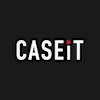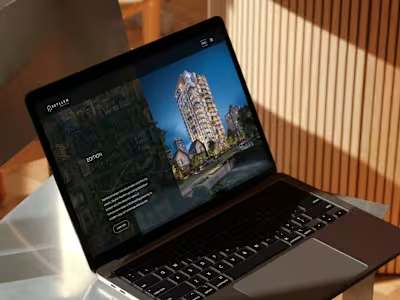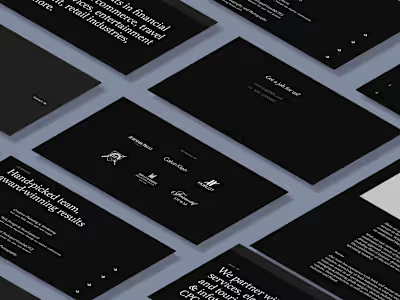PIVOT - Website Design
Process & Goals
The goal of PIVOT's website is to serve as a comprehensive resource hub for case competition participants, offering information on competition rules, registration dates, and sign-up procedures.
Project Overview
Creating an online website presence for Refine Pivot's MIS case competition involves several key components to ensure it effectively serves its purpose as a marketing platform, information hub, and chat room directory. Here's a breakdown of what the website should include:
Homepage
- A visually appealing landing page that captures the essence of the competition.
- Clear navigation menu directing visitors to different sections of the website (e.g., About, Competition Details, Chat Rooms, Contact).
- Engaging visuals such as images or videos related to past competitions or highlights.
About Section
- Information about Refine Pivot, its mission, vision, and objectives.
- Background information about the MIS case competition, its history, and significance.
- Profiles of key organizers and partners involved in hosting the competition.
Competition Details
- Comprehensive details about the competition, including dates, deadlines, and registration information.
- Overview of competition categories, rules, and judging criteria.
- Testimonials or success stories from previous participants to highlight the benefits of participating.
Attendee Information
- Registration portal for participants to sign up for the competition.
- Instructions for accessing and navigating the online platform, including chat rooms.
- FAQs section addressing common queries regarding registration, competition format, and technical requirements.
Chat Room Directory
- A dedicated section listing different chat rooms for participants to join based on their interests or competition categories.
- Each chat room should have a brief description highlighting its purpose and topics of discussion.
- Option to create private chat rooms for specific teams or groups if needed.
Resources and Support
- Links to resources such as case studies, industry reports, or academic articles relevant to the competition theme.
- Contact information for technical support or assistance with website navigation.
- Optional: Discussion forums or Q&A sections for participants to engage with organizers and fellow attendees.
Accessibility and Mobile Responsiveness
- Ensure the website is accessible to all users, including those with disabilities, by adhering to web accessibility standards.
- Design the website to be mobile-friendly, allowing participants to access information and join chat rooms on various devices.
Branding and Design
- Maintain consistent branding elements throughout the website, including logos, colors, and fonts.
- Choose a user-friendly layout and design that enhances readability and navigation.
Like this project
Posted Mar 6, 2024
enhancing PIVOT into a comprehensive hub for case competition participants, featuring detailed information and schedules
Likes
0
Views
3
Clients

Caseit Mis Case Competition







